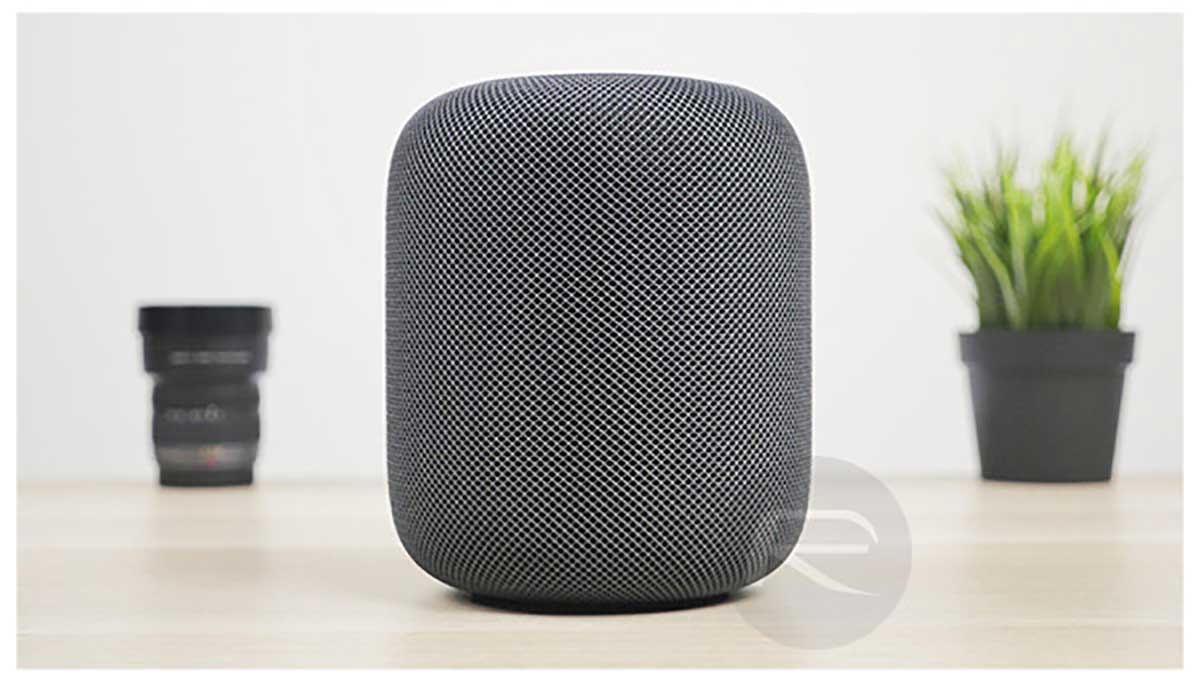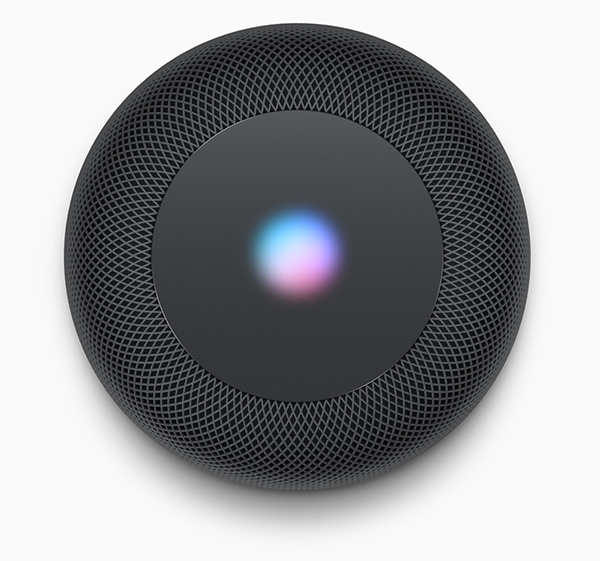When Apple kicked WWDC off with its opening keynote last week, there was plenty of anticipation. Most of that was on things other than the HomePod, but that doesn’t mean that the smart speaker didn’t receive some love.
Like every other device Apple makes, the HomePod will receive a major software update later this year. That update will bring with it some new features, and while not all of them are particularly significant, some might actually make a big difference to how we use our HomePods.

The big changes coming as part of the iOS 13 update later this year are:
- Support for multiple users: Can we say “finally” here? It’s the feature we’ve all been crying out for, but HomePod will finally be able to recognise who is talking to it and then tailor its responses, and what it plays back, to that person’s needs. No more having your kids pollute your Apple Music recommendations because they listen to Baby Shark on repeat.
- Support for automation: It’s a feature that is being added to a lot of Apple’s devices this year, and the HomePod is no different. Thanks to automation and HomeKit, HomePod will be able to start playlists at specific times and other such fancy things.
- Improved integrations: Apple is adding Handoff to HomePod, making it possible for users to take music from an iPhone or iPad and then move it to a HomePod simply by being close to it. Think of the method Apple uses for setting the HomePod up in the first place, or how AirPods work, and you’ll have the idea.
With the big updates not landing until later this year, there is plenty of time for things to change. New features could be added and existing ones could change considerably. We’ll keep our eyes peeled for anything interesting, but it’s clear that HomePod is going to go from strength to strength thanks to this year’s round of software updates.

You may also like to check out:
- iOS 13 Beta 1 Profile Download Free Along With iPadOS 13 Will Be Available This July, Confirms Apple
- iOS 13 Beta 1 OTA Configuration Profile And iPadOS 13 Download Not Released Yet, Here’s Why
- 100+ iOS 13 Hidden Features For iPhone And iPad [Running List]
- How To Downgrade iOS 13 / iPadOS 13 Beta To iOS 12.3.1 / 12.4
- iOS 13 Public Beta 1 Download Release Date Announced Along With macOS 10.15, tvOS 13 Public Betas
- iOS 13, iPadOS Compatibility For iPhone, iPad, iPod touch Devices
- iOS 13 Beta 1 Download IPSW Links, OTA Update And iPadOS 13 Beta 1 For iPhone And iPad
- Download iOS 13 Beta 1 IPSW Links & Install On iPhone XS Max, X, XR, 8, 7, Plus, 6s, iPad, iPod [Tutorial]
You can follow us on Twitter, or Instagram, and even like our Facebook page to keep yourself updated on all the latest from Microsoft, Google, Apple, and the Web.

